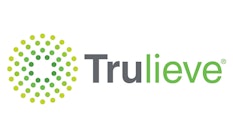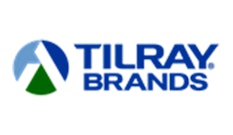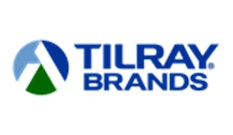
A cannabis researcher who has fought against the U.S. Drug Enforcement Administration (DEA) has a new battle to fight after Bank of America closed her institute’s account.
Dr. Sue Sisley, president of Scottsdale Research Institute (SRI), has been conducting FDA-approved trials to evaluate cannabis as a medical treatment for military veterans and terminally ill patients. She took to Twitter Oct. 15 to share that Bank of America closed the institute’s account, potentially threatening the future of her study.
“Bank of America closes down account of Federally-licensed cannabis researcher,” Sisley wrote. “SRI conducts FDA approved controlled trials evaluating cannabis as medicine for treating pain/PTSD in military veterans & terminally ill patients this TRAGICALLY shuts down our research.”
RELATED: Cannabis Conference 2021 Keynote: 'Sue‘n The DEA: The Story of a Cannabis Research Breakthrough'
The bank notified Sisley in an Oct. 12 letter that it would be closing the account, according to a Law360 report. Bank of America directed SRI to stop writing checks and to cancel any recurring payments within three weeks.
While the letter did not provide an explanation for the closure, it said that the decision to shutter the account was reached “after a careful review of your banking relationship,” Law360 reported. The letter also stated that “this decision is final and won’t be reconsidered,” leaving Sisley with little to no recourse.
Sisley told Law360 that she had been banking with Bank of America for 10 years and that the bank was aware that SRI is a federally authorized “plant-touching” institution.
In June, SRI received DEA approval to grow its own cannabis and provide it to other researchers, Law360 reported, adding that Sisley told Bank of America about this development.
The DEA approval came after Sisley and SRI sued the agency in 2019 after SRI’s 2016 application to grow its own cannabis for the ongoing study was ignored.
RELATED: Federal Court Orders DEA to Explain Why It Has Ignored Cannabis Cultivation Applications
At that time, the University of Mississippi was the only organization federally licensed to grow cannabis for medical research in the U.S., and Sisley cited the poor quality of the cannabis as a reason for SRI wanting to cultivate its own.
Sisley told Law360 that there are “numerous other banks ready to do business with SRI,” and that she expects the institute’s research to continue uninterrupted, despite this setback.
Sisley was not immediately available to provide comment to Cannabis Business Times, and Bank of America did not respond to a request for comment by the time of publication.
Sisley’s situation is all too familiar for many in the cannabis space, as many banks refuse to work with the federally illegal industry.
In 2017, for example, PNC closed Marijuana Policy Project’s accounts, and in 2018, Wells Fargo called Steep Hill Alaska’s loan.
These recurring instances continue to highlight the need for banking reform in the industry, which could be offered through legislation like the Secure and Fair Enforcement (SAFE) Banking Act. That bill, which has passed the U.S. House four times—most recently as part of a defense spending package—would provide a safe harbor for financial institutions that provide banking services to legitimate cannabis-related businesses, such as SRI.























